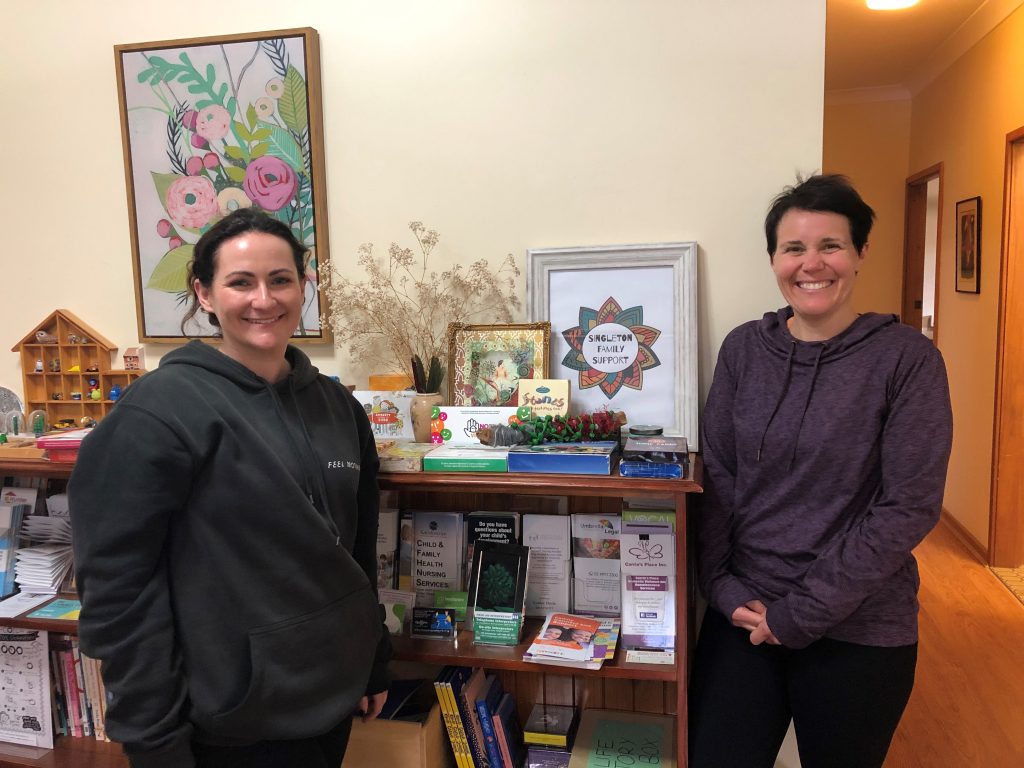Foundation for Rural & Regional Renewal (FRRR)
For 33 years families from Singleton and surrounding areas experiencing life challenges – from domestic violence to anxiety in young people – have been coming to Singleton Family Support for therapeutic counselling, family capacity building, education and wellbeing programs.
Situated on the banks of the Hunter River, Singleton is in NSW, some 197 kilometres north-north-west of Sydney. A major coal mining centre, the rural region has limited public transport options, a transient and often isolated population linked to the mining industry and limited support services.
Supporting this community, Singleton Family Support Services has a passionate, capable and qualified team of professional workers. Together, they offer support to more than 50 families in a one-to-one setting and approximately 30 individuals in a group setting at any given time.
Since the COVID pandemic and critically in the last few months as restrictions have eased, the Service has been inundated with referrals from individuals, families and other service providers. Over the last six months, referrals have increased more than 50% on the same time the previous year. The Service’s ability to refer onto other professionals, such as GPs, Psychologists, Housing services and Mental health providers, has also been impacted, with many professionals’ books closed and long waiting lists. This has placed a significant strain on the Singleton Family Support’s ability to respond to each referral appropriately. While there are many issues and people needing support, the Service is particularly concerned about the mental health of young people. COVID created a pandemic of anxiety and uncertainty with this group. There are no youth-specific mental health services in Singleton.
A $49,500 COVID Regional Community Support Program grant, funded by Resilience NSW, will allow the service to increase staff time. This equates to 80 additional referrals to Family Works, including 10 additional counselling places for youth. An additional six support groups can be offered to the community and it means further support for the organisation’s wellbeing programs. The funding reduces the pressure on the organisation. For families, this will mean timely assessments of the family’s needs, earlier interventions, greater access to counselling, educational programs and support groups, building awareness in parenting theories, domestic and family violence and mental health. This will all lead to increased family capacity to build resilience and safety for children and families.


